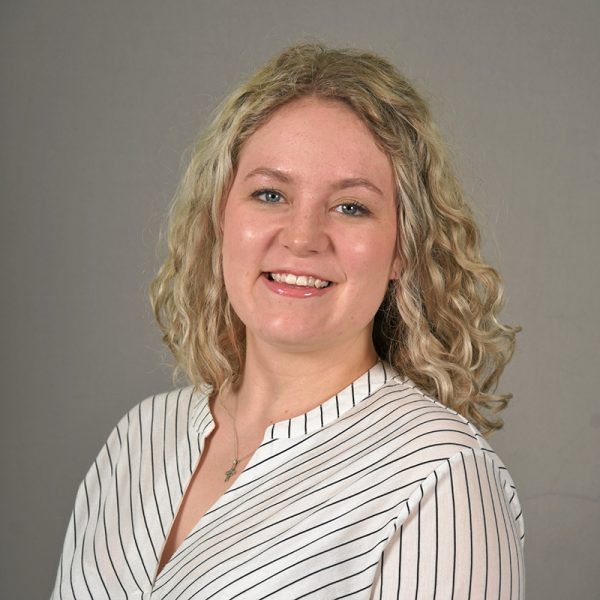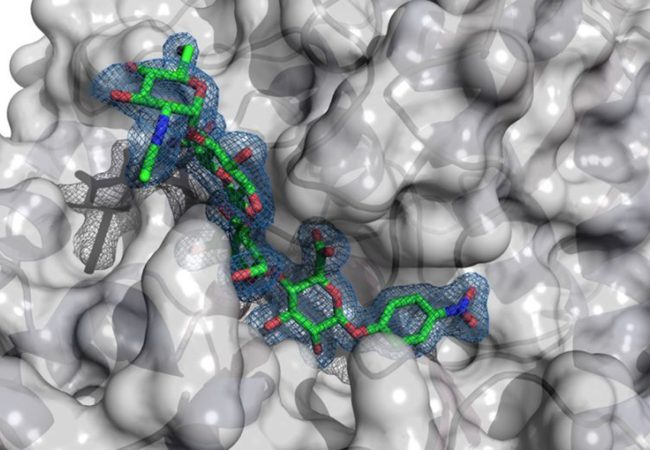Tia É Hawkins

Thesis title: Understanding the GAG reflex: how glycosaminoglycans interact with Nipah virus to differently perturb its infectivity
Primary Theme: Next Generation Chemistry and Structural Biology
Franklin supervisors: Dr Liang Wu, Associate Professor Shabaz Mohammed
University: University of Oxford
University supervisor: Associate Professor Weston Struwe
External supervisor: Professor Philipp Kukura
Glycosaminoglycans (GAGs) are heterogenous polysaccharides expressed on the cell’s surface, part of the physical barriers a pathogen encounters before receptor engagement. Interactions between GAGs and viral receptor proteins are specific – small changes in GAG structure greatly affects viral infectivity, promoting or inhibiting entry. We have chosen to research these intricate interactions, focussing on the interactions GAGs make with Nipah virus, a WHO watchlist pathogen. Nipah virus infection has a 40-70% mortality rate, and with no current effective treatments, it is vital to understand how we can target this virus, to prevent further transmission and decrease its pandemic potential. We are looking at these interactions on protein and whole virus levels, using cryo-EM, mass spectrometry and in situ techniques.
Before starting at the Franklin, Tia was residing in the Scottish Highlands, having graduated from the University of St Andrews with an Integrated Master’s in Biochemistry. During her studies, Tia completed a placement year at Sosei Heptares, successfully elucidating the novel structure of a G-protein coupled receptor. She expanded her laboratory skills when undertaking her Masters project in partnership with NuCana Plc, helping to uncover the mechanism of action of one of their ProTides in clear cell Renal Cell Carcinoma. Tia hopes to use her background in Structural Biology and Pathology to make headway in solving real world problems, combining, and expanding on techniques across multiple themes at the Franklin.

